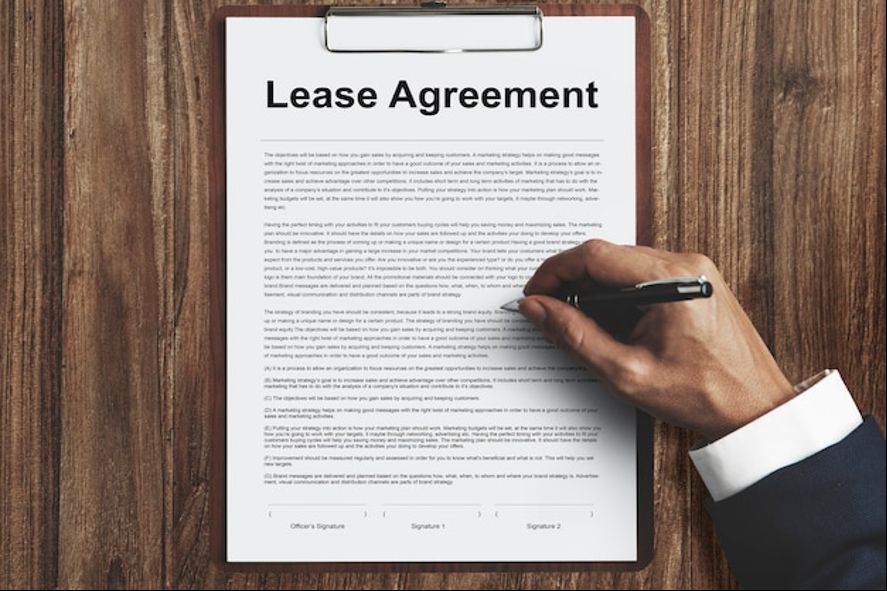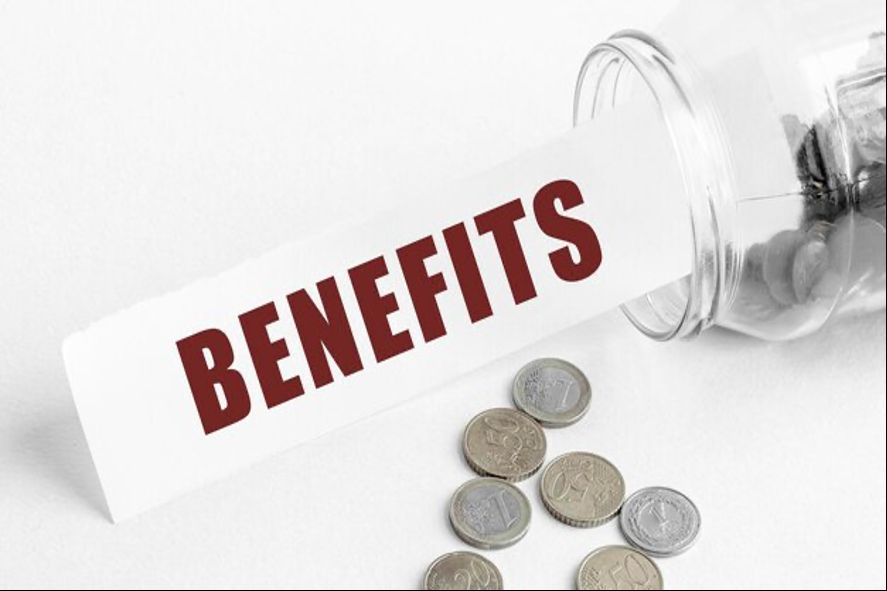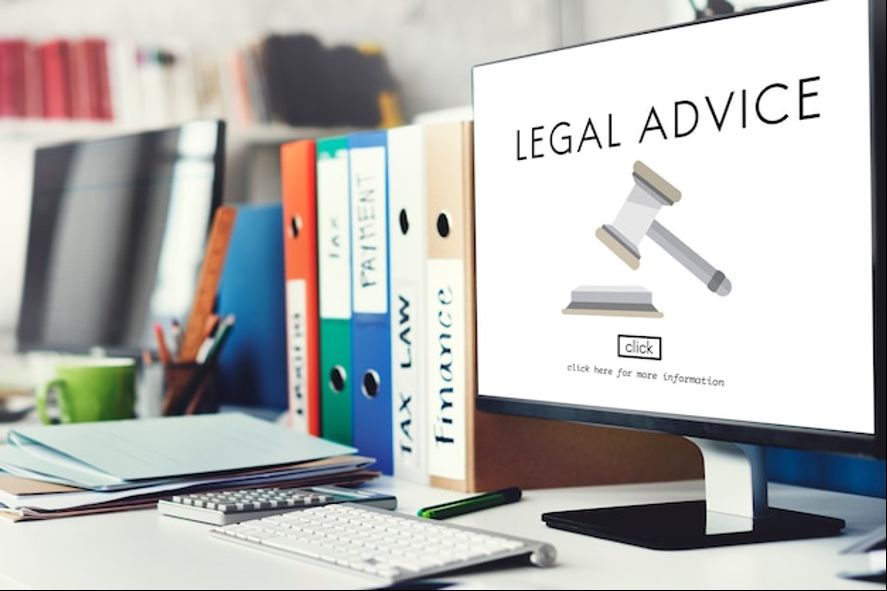When it comes to leasing property, understanding the ins and outs of a lease agreement is crucial for making informed decisions.
A lease agreement serves as your roadmap, outlining the terms and conditions that protect both you and your landlord.
Knowing what to look for can save you from costly mistakes and ensure that your investment pays off.
Dive in to discover how to navigate lease agreements with confidence, and unlock the potential for a successful venture in the real estate market.
What is a Lease Agreement?

First, let’s define what a lease agreement is. It’s a legal document that outlines the terms for renting a property, whether it's a commercial space for your business or a residential home.
This document helps protect both you and the landlord by clearly stating everyone's responsibilities.
Key Components of a Lease Agreement
Contractual Obligations
A lease agreement includes important contractual obligations. This means it spells out who is involved in the lease, how long the lease lasts, and what each party must do.
Terms and Conditions
You’ll find the terms and conditions of the lease are vital. Here are some key points to look for:
Leasing Period: How long can you rent the space?
Termination: Can you end the lease early if needed?
Extension: Is there an option to stay longer?
Rent Amount: What will you pay each month?
Security Deposit: How much do you need to pay upfront?
Maintenance Responsibilities: Who takes care of repairs?
Knowing these details helps prevent conflicts down the line.
Evaluating Investment Benefits

Before signing, ask yourself, “Will this investment benefit me?” Make sure you analyze how much you’re putting into the lease and what kind of return on investment you can expect.
Do some financial forecasting and cost analysis. If you choose the right location, you can attract more customers and boost your sales.
Taking Your Time Before Signing

Don’t rush into a lease agreement.Take your time to explore your options. Look at different types of leases, like gross or net leases.
Doing your due diligence and conducting market research will help you find the best fit for your needs. Remember, knowledge is power.
Negotiating the Value of Your Lease

You know your worth! When discussing the lease, ensure you negotiate for what you need. Understand your fair market value and don’t hesitate to ask for lease concessions.
Show the landlord that you’re a valuable tenant, and they’ll be more likely to work with you.
The Importance of Legal Assistance

Since a lease agreement is a legal document, it’s wise to have an attorney look it over. They can help you understand all the fine print and identify any risks involved. In addition, having legal support can help resolve any conflicts that might arise.
Your lawyer will also make sure you know your rights and responsibilities as a tenant. This knowledge will give you peace of mind.



